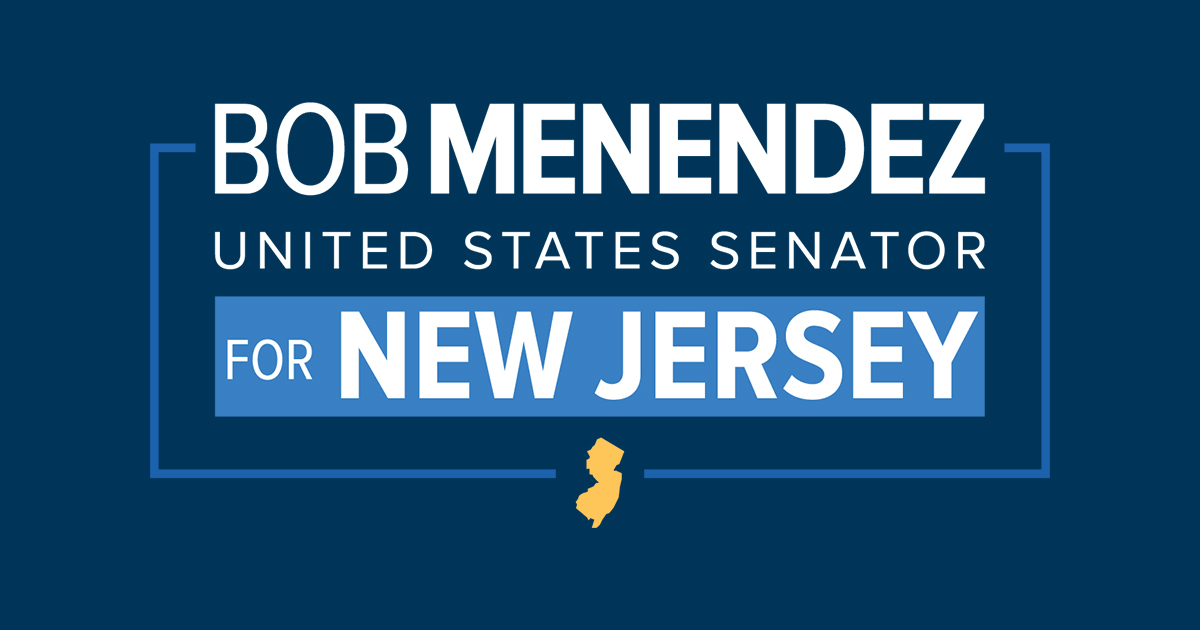Source: United States Senator for Maine Susan Collins
Washington, D.C.—Today, the Senate unanimously passed legislation to support American public servants who have incurred brain injuries from likely directed energy attacks. The Helping American Victims Afflicted by Neurological Attacks (HAVANA) Act, which was authored by Senators Susan Collins (R-ME) along with Intelligence Committee Chairman Mark R. Warner (D-VA), Vice Chairman Marco Rubio (R-FL), and Jeanne Shaheen (D-NH), would authorize additional financial support for injured individuals.
“Havana Syndrome” is the term given to an illness that first surfaced among more than 40 U.S. Embassy staff in Havana, Cuba, beginning in 2016. Since then, at least a dozen U.S. diplomats at the U.S. Consulate in Guangzhou suffered symptoms “consistent with the effects of directed, pulsed, radiofrequency energy,” and there have been according to the press more than 130 total cases among American personnel, including on U.S. soil. Symptoms have included severe headaches, dizziness, tinnitus, visual and hearing problems, vertigo, and cognitive difficulties, and many affected personnel continue to suffer from health problems years after the attacks. The HAVANA Act would give the CIA Director, the Secretary of State, and other agency heads additional authority to provide financial and medical support to those suffering from brain injuries as a result of these attacks.
“Far too many ‘Havana Syndrome’ victims have had to battle the bureaucracy to receive care for their debilitating injuries. American personnel who have undergone these attacks while serving our country should be treated the same way we would treat a soldier who suffered a traumatic injury on the battlefield,” said Senator Collins. “I am pleased that there has been widespread, bipartisan support for my bill, which will provide additional support to these government employees who were harmed while representing our interests. We also need a whole-of-government approach to determine what this weapon is and who is wielding it in order to prevent future attacks and protect Americans.”
“As the Intelligence Committee continues to push for more answers on these mysterious and debilitating attacks, I’m proud that the Senate overwhelmingly approved this bipartisan bill to ensure our U.S. personnel receive the compensation and care they rightfully deserve,” said Senate Intel Chairman Warner. “We continue to be indebted to these brave men and women who proudly serve our country while putting their own safety on the line, and this bill will make sure that we can provide financial relief as they seek medical treatment for the injuries they’ve endured.”
“I am pleased to see the Senate pass this important bipartisan legislation, which will provide the CIA Director and the U.S. Secretary of State with the authorities needed to properly assist U.S. personnel who have endured attacks while serving our nation,” Senate Intel Vice Chairman Rubio said. “There is no doubt that the victims who have suffered brain injuries must be provided with adequate care and compensation. Further, it is critical that our government determine who is behind these attacks and that we respond.”
“It is shameful and unacceptable that so many American public servants and their families who are suffering from these mysterious brain injuries have gone without access to the medical benefits they need and deserve. That must change, and today, the Senate took an important step forward to help right that wrong,” said Senator Shaheen. “Securing appropriate support for those injured has been a priority of mine for years, and I’m glad to partner with Senator Collins and this bipartisan group of lawmakers to build on that progress and help provide additional compensation for afflicted U.S. personnel. This bipartisan bill helps create a uniform response to these attacks, and I’ll keep working across the aisle to get to the bottom of these attacks and to support those suffering from critical injuries.”
The HAVANA Act would authorize the CIA Director and the Secretary of State to provide injured employees with additional financial support for brain injuries. Both the CIA and State Department would be required to create regulations detailing fair and equitable criteria for payment. This legislation would also require the CIA and State Department to report to Congress on how this authority is being used and if additional legislative or administrative action is required.
Senators Collins, Warner, Rubio, and Shaheen’s bill was co-sponsored by Senators John Cornyn (R-TX), Michael Bennet (D-CO), Roy Blunt (R-MO), Kirsten Gillibrand (D-NY), Richard Burr (R-NC), Martin Heinrich (D-NM), Ben Sasse (R-NE), Dianne Feinstein (D-CA), Tom Cotton (R-AR), Angus King (I-ME), James Risch (R-ID), Richard Durbin (D-IL), Rick Scott (R-FL), Robert Menendez (D-NJ), Richard Blumenthal (D-CT), and Margaret Hassan (D-NH).
Click HERE to read the text of the bill.
###





